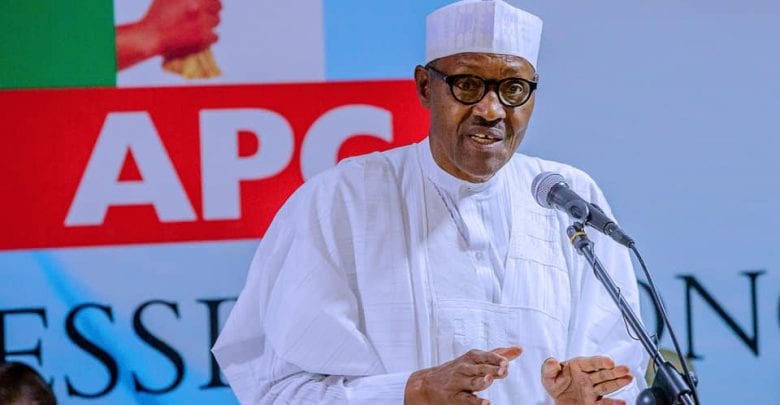
Although President Muhammadu Buhari promised the opening of Nigeria’s borders on several occasions, it is still closed seven months after, POLITICS NIGERIA reports.
Nigeria in August, 2019, closed its border with Benin in an effort to stem the smuggling of rice. It then went on to close its land borders to the movement of all goods from Benin, Niger and Cameroon, effectively banning trade flows with its neighbours.
However, in December 2019, amidst agitations from economic experts, President Buhari approved the extension of the ongoing closure of Nigeria’s borders till January 31, 2020.
The extension is said to have been necessitated by the need to meet up with other strategic objectives of the federal government
While nothing has happened after January, he recently assured his administration willingness to implement the decision of the tripartite committee on the partial closure of the country’s land border.
Mr Buhari made this known on March 3, 2020, during a parley with the outgoing president of the ECOWAS Bank for Investment and Development (EBID), Bashir Mamman Ifo, and his successor, Dr. George Nana Donkor, at State House, Abuja.
Mr Buhari also explained that the action had given Nigeria a number of insights.
Criticism and defence
Recall that Nigeria closed its land borders in August, three months after signing the African Continental Free Trade Agreement (ACFTA).
Some Nigerians have criticised the border closure, saying it affects the government’s trade commitment with West African countries as well as the ACFTA, and has also led to an increase in prices of otherwise imported products.
Meanwhile, the government said the measure is to curb the influx of smuggled goods from neighbouring countries such as Benin, Niger and Cameroon.
According to officials, the goods mostly involved are used cars, food products like rice and poultry, and also illegal arms.
